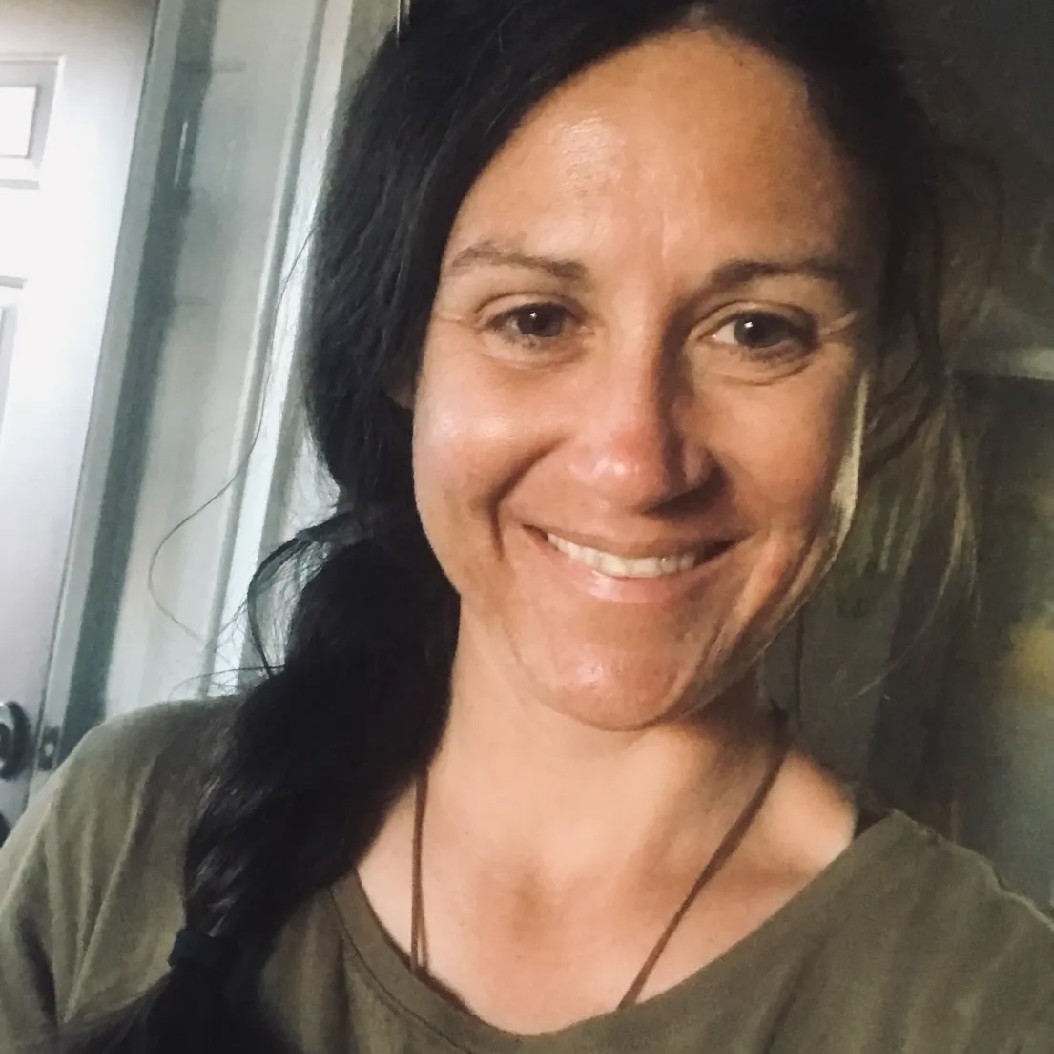Urban & Community Forestry
The Urban & Community Forestry (U&CF) Program's goal is to improve urban environments through planting and management of trees. It promotes the establishment of urban forestry programs in cities and towns, assists them in developing self-sustaining urban and community forestry programs, and provides technical assistance.
In addition to technical assistance, the urban forestry staff administers grants that help communities initiate or expand their local urban and forestry programs, and grants that help communities and non-profits plant trees on public land.

Why Urban Forests Matter
Urban and community forests play a vital role in our cities and communities. From improving air quality and reducing the urban heat island effect to boosting property values, fostering community, and enhancing mental and physical health, trees improve our quality of life and promote a sustainable future.
Urban forests of Tennessee are experiencing new demands and pressures as interest grows in greenways, heat islands, and storm water control. Encroachment by development, invasions of by insects like emerald ash borer, diseases such as thousand cankers disease of walnut and invasive plants like honeysuckle and privet, and problems with soil compaction threaten the health and vitality of urban forests.

Ashley Kite-Rowland
Urban & Community Forestry Program Coordinator
ashley.kite-rowland@tn.gov
_____________________________
This program is supported by funding from the USDA Forest Service, Urban and Community Forestry Program.
The Urban and Community Forestry Program is an equal opportunity provider.